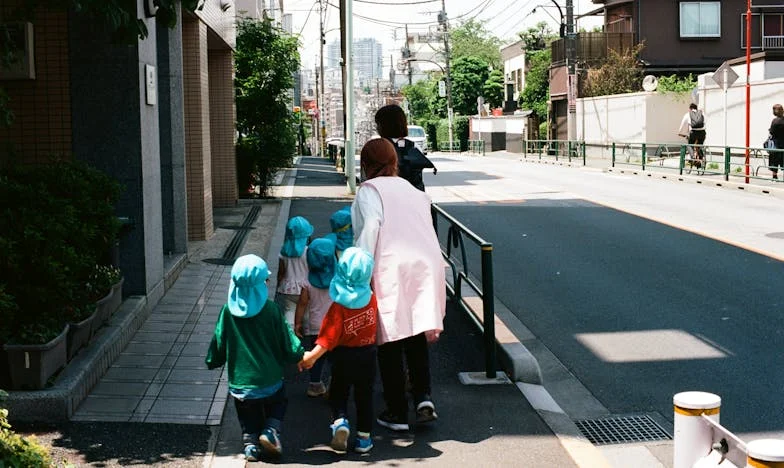“Living in Luxury While We Struggle to Survive: My Mother Thinks My Husband is a Failure”
My mother has always had a knack for making me feel inadequate. Growing up, I was constantly compared to others—my friends, my cousins, even strangers. But nothing prepared me for the disdain she would show towards my husband, John.
John and I met in college. He was studying engineering, and I was majoring in social work. We fell in love quickly and got married right after graduation. Life seemed perfect until our son, Michael, was born. Michael was diagnosed with autism at the age of two. The diagnosis turned our world upside down.
John had to take on extra shifts at his job to cover the mounting medical bills and therapy sessions for Michael. I had to quit my job to become a full-time caregiver for our son. Our financial situation became dire, but we managed to scrape by.
My mother, on the other hand, lives a life of luxury. She remarried a wealthy businessman after my father passed away. They travel the world, dine at expensive restaurants, and live in a mansion that could easily house three families like ours. Despite her wealth, she has never offered us any financial help. Instead, she offers unsolicited advice and criticism.
“Why don’t you get a job?” she would ask me during our rare phone conversations. “John should be able to support you both. He’s an engineer, for heaven’s sake!”
She didn’t understand that finding a job wasn’t an option for me. Michael needed constant supervision and care. Even if I did find a job, the cost of hiring a caregiver for Michael would outweigh my earnings.
One day, my mother called me with her usual condescending tone. “So, have you eaten your last loaf of bread yet, or do you still have some left?” she asked, laughing.
I felt a lump in my throat. “Mom, we’re doing the best we can,” I replied, trying to keep my voice steady.
“Well, maybe if John wasn’t such a failure, you wouldn’t be in this mess,” she retorted.
Her words cut deep. John was working himself to the bone to provide for us. He was not a failure; he was a hero in my eyes. But my mother’s words planted seeds of doubt in my mind.
As the months went by, our situation worsened. John’s health began to deteriorate due to the stress and long hours at work. Michael’s needs became more demanding as he grew older. We were drowning in debt and barely keeping our heads above water.
One evening, John came home looking more exhausted than usual. “I can’t do this anymore,” he said, collapsing onto the couch.
I sat beside him and held his hand. “We’ll get through this,” I whispered, though I wasn’t sure I believed it myself.
But we didn’t get through it. John’s health continued to decline, and he eventually lost his job. We had to sell our home and move into a small apartment in a less desirable part of town. My mother continued to call, her words dripping with sarcasm and judgment.
“Maybe if you had married someone more successful, you wouldn’t be in this situation,” she said during one particularly painful conversation.
I hung up the phone and cried for hours. My mother would never understand the sacrifices we made for Michael or the love that held our family together despite the hardships.
In the end, we were left with nothing but each other. My mother continued to live her life of luxury, oblivious to our struggles. And I learned to find strength in the love and resilience of my little family, even if the world—and my mother—saw us as failures.
